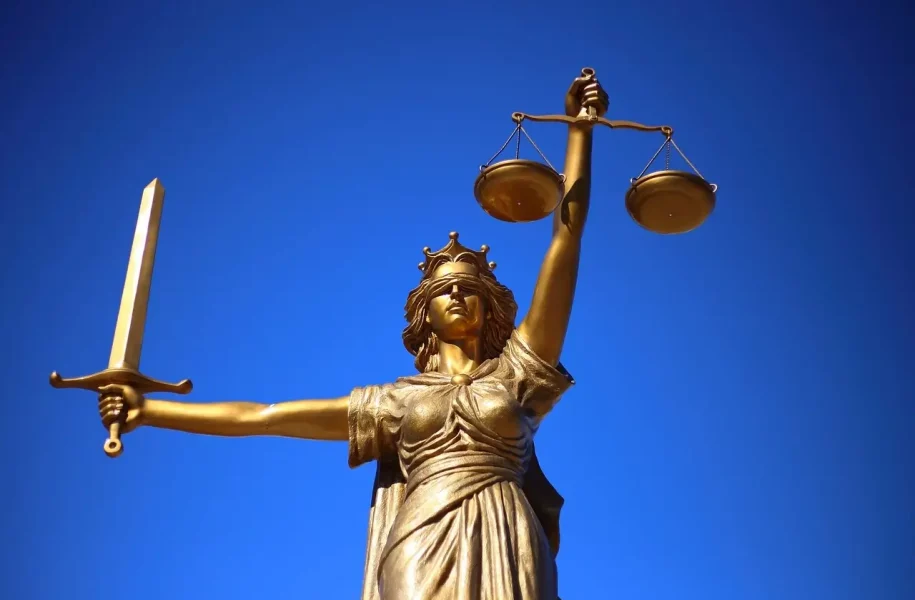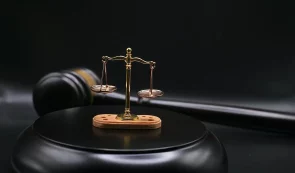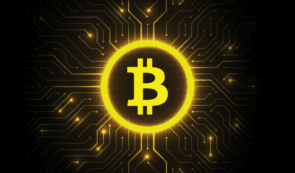Ripple’s Fair Notice Defense Strengthened by Recent Supreme Court Ruling

The ongoing legal battle between Ripple and the U.S. Securities and Exchange Commission (SEC) is heating up again.
In a supplemental letter filed Friday in the U.S. District Court, Ripple argued that the recent Bittner v. United States Supreme Court ruling supports their fair notice argument. The Bittner case restricted the government’s ability to impose penalties on American taxpayers who failed to report foreign bank accounts and emphasized the importance of providing “fair notice” before bringing an enforcement action.
Throughout the pre-trial phase of the SEC v. XRP lawsuit, Ripple’s legal team argued that the SEC did not provide fair notice, not just on XRP, but on all crypto assets.
Ripple has stated that the SEC failed to provide a clear regulatory framework for the fast-growing crypto industry, causing regulatory uncertainty.
The company’s fair notice defense argues that the SEC did not notify Ripple that its actions violated the law before it took legal action. Ripple alleges that the SEC’s failure to provide fair notice violates the Due Process clause of the United States Constitution.
Ripple has asked presiding judge Analisa Torres to consider the recent Supreme Court decision when ruling on the case. Ripple and its current and former CEOs, Brad Garlinghouse and Chris Larsen, are accused of raising over $1.3 billion by selling the XRP cryptocurrency as unregistered securities.
READ MORE: US Crypto Regulation Lags Behind Other Countries, According to Brad Garlinghouse
John E. Deaton, founder of crypto legal news outlet Crypto-Law and an amicus curiae in the XRP suit, has stated that the recent Supreme Court ruling gives Ripple’s fair notice defense “a few more teeth” if Judge Torres ultimately decides that Ripple sold XRP as an unregistered security.
A summary judgment executed by Judge Torres would significantly impact determining which cryptocurrencies should be classified as securities under U.S. federal securities laws.
While the lawsuit is expected to be ruled on soon, the decision may take up to two months. Overall, the outcome of this lawsuit has the potential to significantly affect the regulation of the entire cryptocurrency industry.














